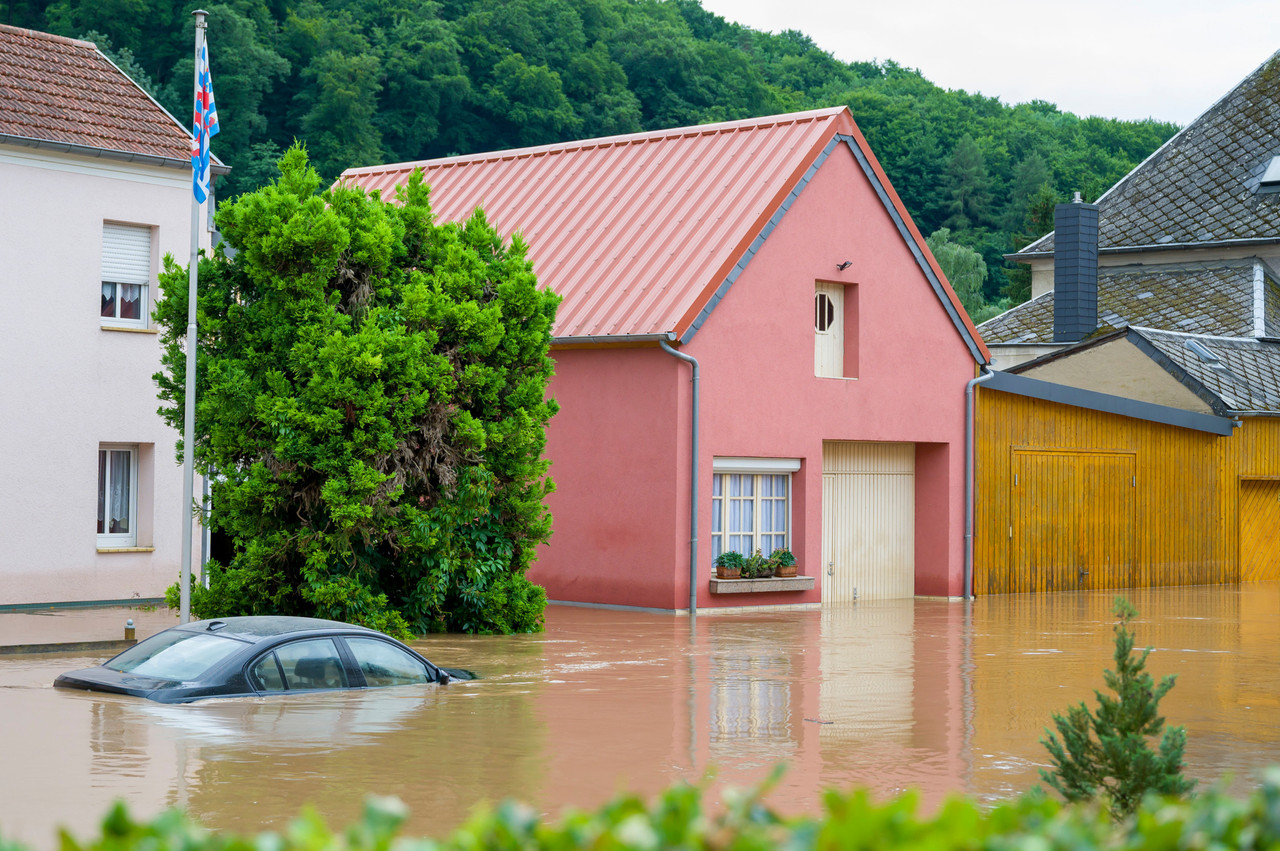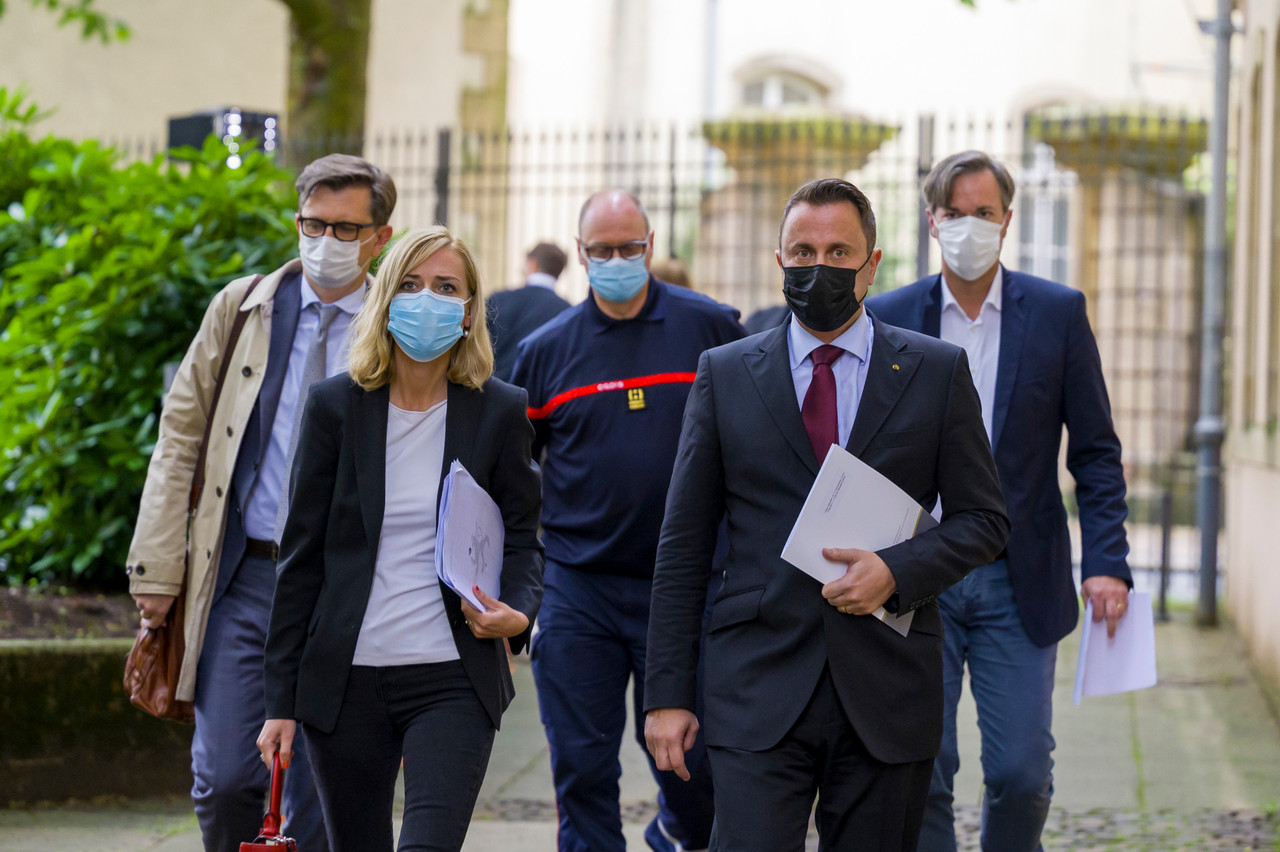"The water levels in Luxembourg have not been seen for the past 100 years," said prime minister (DP) on Thursday evening at a press conference with the interior minister (LSAP). This followed an extraordinary cabinet meeting to respond to the "exceptional situation" that the country is experiencing.
Over the previous 48 hours, the enormous levels of rainfall - from 60L/m2 to 80L/m2, sometimes up to 100L/m2 - although they have not caused any injuries - unlike in Belgium and Germany - have had "" . "People have lost everything", Bettel lamented.
400 people rehoused
The 112 emergency services hotline received more than 6,300 calls in a few hours, which led to 1,200 interventions across the country. Some 400 people had to be rehoused in facilities provided by local councils or in hotels or youth hostels.
This was enough to convince the cabinet to consider the events of 14 and 15 July as a natural disaster and calamity. "An important decision, with important consequences", declared the prime minister. Because it enabled the government to release a financial package of €50million in direct aid - more than the €30m released in 2017, during the last natural disaster.
Helping as quickly as possible
What does this aid consist of? First of all, to help those affected by the disaster by covering their basic expenses. Information is available on , by telephone (247-86523) or by email (secretariatsolidarite@fm.etat.lu).
Secondly, to support affected businesses that have suffered material damage. Information is available from the small and medium sized enterprise ministry, by telephone (247-74704) or by email (info.aide.pme@eco.etat.lu). Aid potentially includes use of the partial unemployment scheme - which covers up to 80% of salary.
The Ministry of Agriculture can also grant aid to farms affected by bad weather (information on 803393-1 or by e-mail at circ.diekirch@asta.etat.lu).
Finally, municipalities can contact the Ministry of the Interior (by e-mail at intemperies@mi.etat.lu).
The prime minister's stated objective for the €50m in aid is "to help people as quickly as possible and in the least complicated way".
Stabilisation
On the ground, the situation seems to be stabilising. The masses of rain had two consequences, explained the high commissioner for national protection, Luc Feller: flooding around the rivers, and local problems when the drains or the soil could no longer handle such quantities.

In Born (pictured), as in Echternach, the river Sûre burst its banks and caused major damage, 15 July 2021. SIP / Jean-Christophe Verhaegen
Although rain is still expected during the night from Thursday to Friday, and "caution" and "vigilance" are still required, the level of the rivers should remain stable or even fall. After an emergency phase - sheltering, rescuing and securing strategic infrastructures - a new phase is beginning, which is also complicated: clearing. Support from the German state of Saarland and French department of Meurthe-et-Moselle could be provided.
